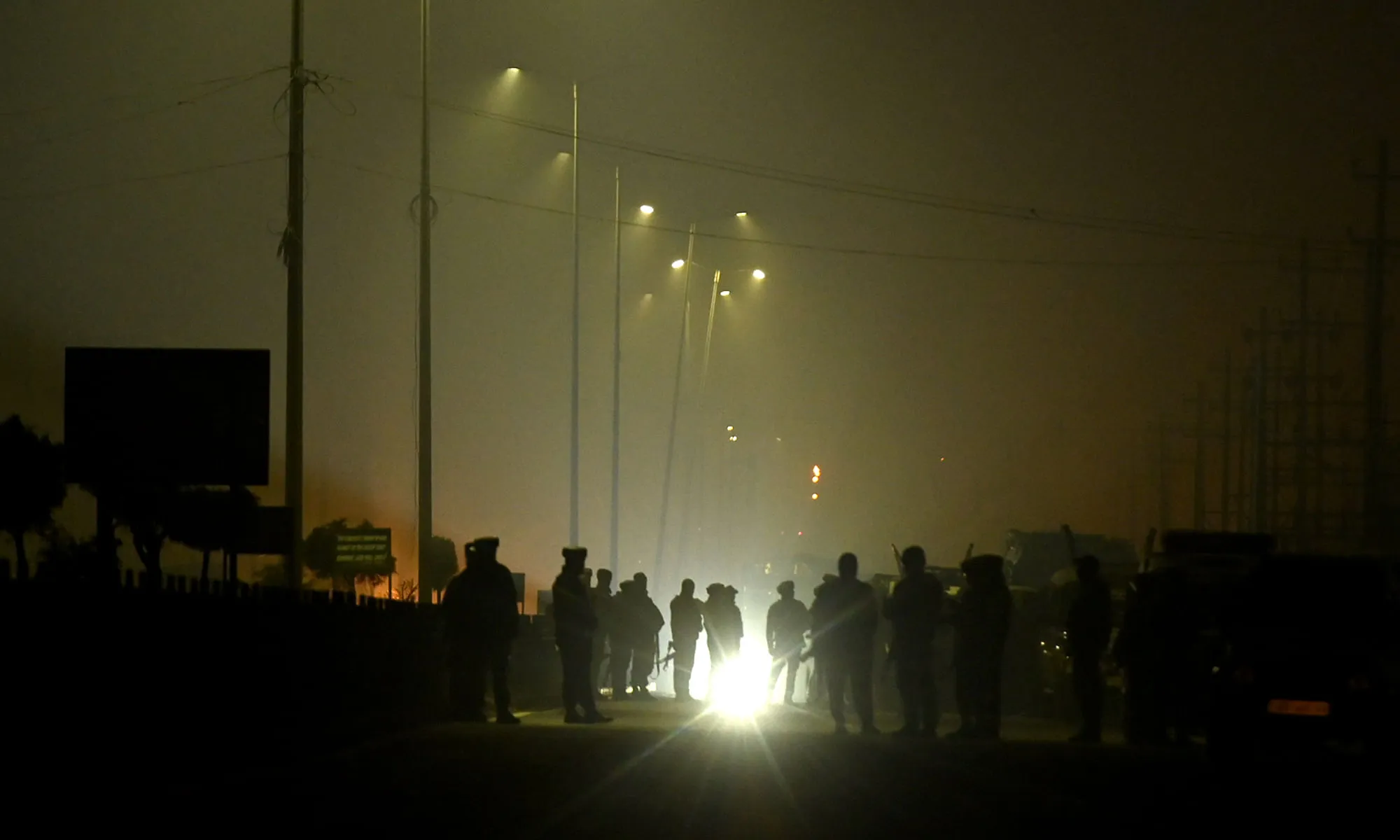Srinagar: More than six months after his burial at Wadder Payeen in north Kashmir’s Kupwara district, the High Court of J&K and Ladakh on Friday ordered the exhumation of body of Amir Latief Magrey, one of the four persons killed in an encounter at Hyderpora here on November 15 last year.
Amir’s father, Muhammad Latief Magrey through Advocate Deepika Rajawat had approached the court seeking return of his son’s body for “decent burial”.
Allowing the petition, a bench of Justice Sanjeev Kumar asked the government to make appropriate arrangement for transportation Amir’s body to his native village of Thatharka Seripora in Tehsil Gool area of Ramban district with “promptitude and without wasting any further time.”
In its Judgment pronounced today, the Court underscores that “right of the next of kin of the deceased to have their dear one cremated or buried as per the religious obligations and religious belief that the dead person professed during his life time, is part and parcel of right to life guaranteed under Article 21 of the Constitution of India”.
While the Court pointed out that the parents and close relations of the deceased are well within their right to demand the body of their dear one to be cremated or buried as per their traditions, religious obligations and belief, it said, “This right would also include the choice of the relatives to have the dead body cremated or buried at his native place”.
The Court observed that it is not uncommon that the graves of the dead are maintained by their relatives and are visited by their relations and close friends to pay respect and homage on certain occasions.
While the court directed the authorities concerned to make arrangements for exhumation of the body/remains of the deceased Amir Latief Magrey from the Wadder Payeen graveyard in Kupwara district’s Zachildara in presence of the petitioner (Amir’s father), it asked the government to make appropriate arrangement for transportation of the body to his native village for burial “in accordance with the traditions, religious obligations and religious faith which the deceased professed during his life time, provided it is in deliverable state.” The Court, however, left the government free to impose any “reasonable terms and conditions” regarding exhumation, transportation and burial of the body.
“Since the body must be in advance stage of putrefaction, as such, it would be desirable that the respondents (officials) act with promptitude and do not waste any further time,” the court said, adding, “However, if the body is highly putrefied and is not in deliverable state or is likely to pose risk to public health and hygiene, the petitioner (Amir’s father) and his close relatives shall be allowed to perform last rites as per their tradition and religious belief in the Wadder Payeen graveyard itself.”
In that situation, the court said, the State shall pay to Amir’s father a compensation of Rs 5 lakhs for “deprivation of his right to have the dead body of his son and give him decent burial as per family traditions, religious obligations and faith which the deceased professed when he was alive.”
Rejecting the government’s contention that the decision not to hand over the body was taken in the larger public interest and to prevent the situation of law and order going out of hand, the court termed it “arbitrary” and against Article 14 of the Constitution of India.
The Court said the authorities have not come clear as to why the dead bodies of two of the four killed in the encounter, namely, Altaf Ahmad Bhat and Dr. Mudasir Gul were exhumed and handed over to their relatives for their last rites in the graveyards of their choice and why the similar right claimed by Amir’s father was denied. The government, the court said, tried to draw distinction by submitting that as per the investigation conducted by the SIT, Amir was a confirmed militant whereas the other two killed, namely, Altaf Ahmad Bhat and Dr. Mudasir Gul were “only associates of the terrorists”.
“I do not find any logic or sense in distinction so made by the respondents. It transpires that due to public pressure and demand by the relatives of the two deceased namely, Altaf Ahmad Bhat and Dr. Mudasir Gul, the respondents (officials) relented and permitted their dead bodies to be exhumed and handed over to their relatives,” Justice Kumar said “Since the petitioner was a resident of Gool, a remote village in Jammu Province and did not much say in the Valley and, therefore, his request was arbitrarily turned down.”
The Court held that the action of the government “is not traceable to any procedure established by law which is just, fair and equitable.” The decision of the officials not to allow the petitioner (Amir’s father) to take away dead body of his son to his native village for last rites, the court said, was per-se arbitrary and falls foul of Article 14 of the Constitution of India. The court also rejected the apprehension of law and order getting vitiated if Amir’s body was handed to the father then as “illusory”.
“When the respondents (officials) could maintain the law and order situation when the dead bodies of two, namely, Altaf Ahmad Bhat and Dr. Mudasir Gul were exhumed and handed over to their relatives for last rites on 18.11.2021, it is not difficult for the respondents to make necessary arrangements for exhumation of the dead body of Amir Latief Magrey and transport the same in proper escort to Village Thatharka Seripora Tehsil Gool District Ramban.”






